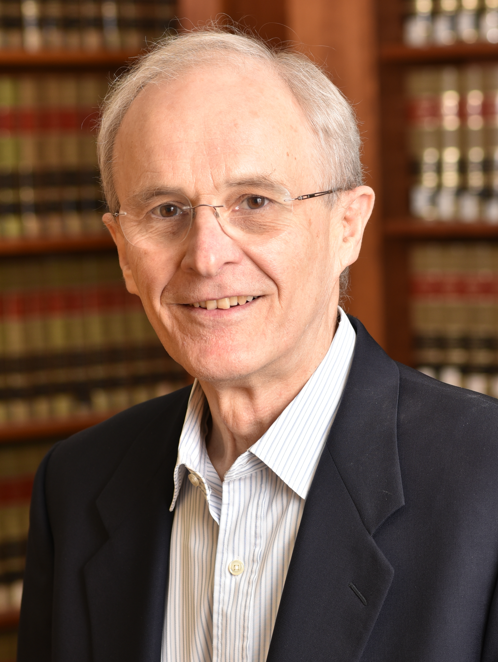By Professor Lynn M. LoPucki (University of Florida Levin College of Law)

In a study of venue for the one hundred ninety-five large, public company bankruptcies filed from 2012 through 2021, I discovered nine cases (5%) in which the companies’ venue claims were in apparent conflict with what the debtors themselves stated on their petitions to be the locations of the companies’ principal places of business and principal assets. Eight of the nine proceeded to confirmation in an improper venue.
The study analyzes the nine cases and concludes that (1) in seven of the nine cases, no apparent basis for the venue claims exists, (2) in one case, the basis for the venue claim is both legally implausible and in conflict with the relevant facts stated in the petitions, and (3) in one case, the debtor was entitled to file in the chosen venue and corrected the error in its petition within a few hours of filing.
The study results are puzzling because large public companies can easily manufacture venue in any court they choose. They can, for example, form a corporation or LLC in the desired district, assign debt to it, put it in bankruptcy, and then file the corporate group members in the desired district on the ground that the case of an affiliate is pending there.
Petition signers may not be paying attention to venue because they know the bankruptcy courts are competing for big cases and will not transfer cases regardless of the facts. After Manhattan Bankruptcy Judge Shelly Chapman transferred the Patriot Coal case to St. Louis in 2012, big forum shoppers tended to avoid Manhattan. The study covered the period from publication of Judge Chapman’s opinion to the end of 2021. During that period the courts transferred none of the 193 cases of large public company debtors that filed in courts away from the debtor’s principal executive offices.
Although it is routine for large, public companies and the courts in which they file to ignore the Bankruptcy Code and Rules, the false-venue-claim cases take Chapter 11’s lawlessness to a new level. Top officers of large, public companies, with the advice of counsel, signed apparently false venue claims under penalty of perjury. Petition signers seem to regard venue as a matter of no importance because cases are never transferred.
The failure of competing courts to comply with the Code and Rules is often sloughed off with the excuse that no one objected, or that an overwhelming majority of creditors accepted the plan. But false claims made under penalty of perjury cannot be so easily dismissed. They go directly to the integrity of the bankruptcy process.
The study includes only large public companies. If large private companies show the same pattern, the total number of false venue claims under penalty of perjury is substantially higher than nine. The carelessness regarding venue in these cases shows the depth to which the competition for big cases has taken a few United States Bankruptcy Courts.
Click here to read the full article.
